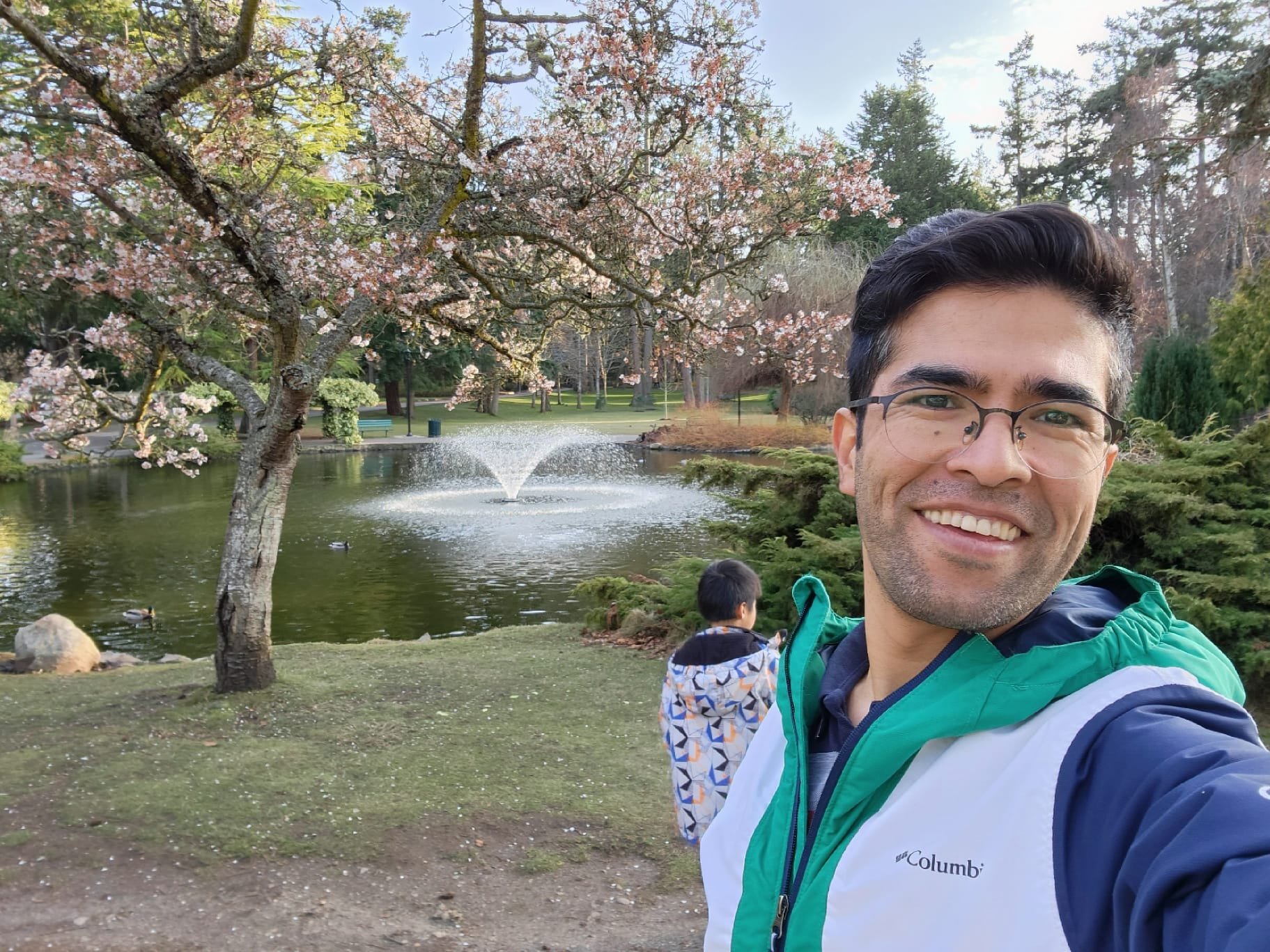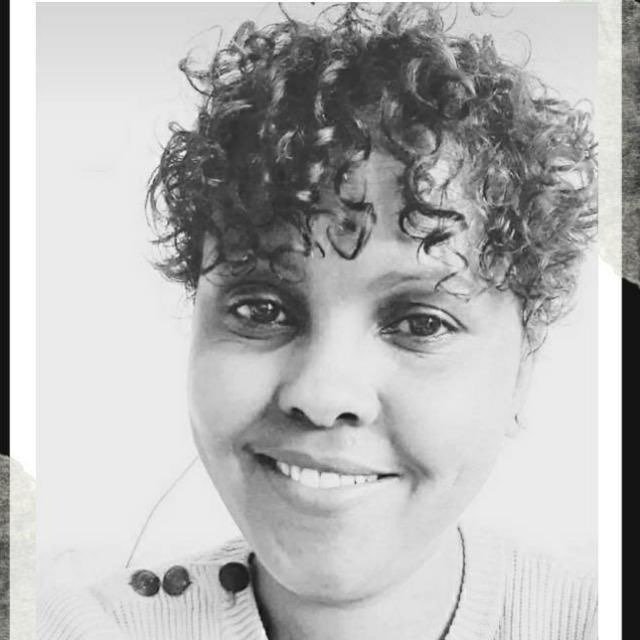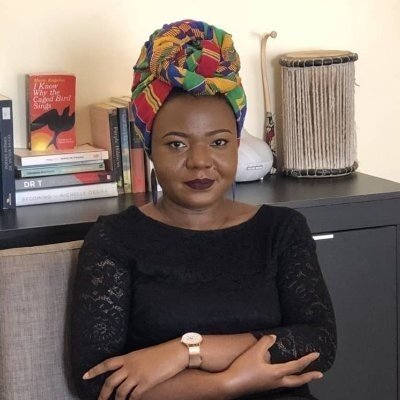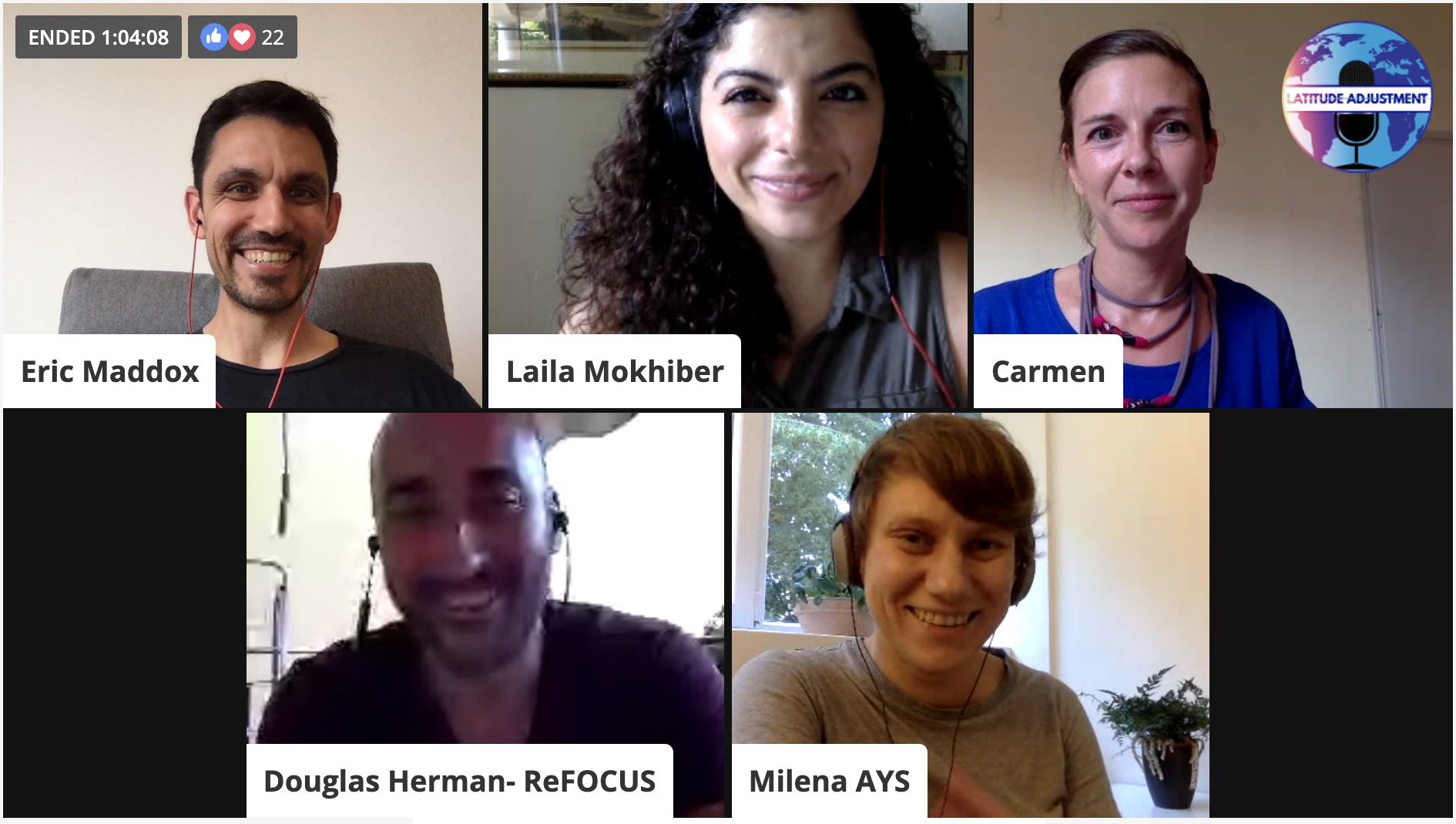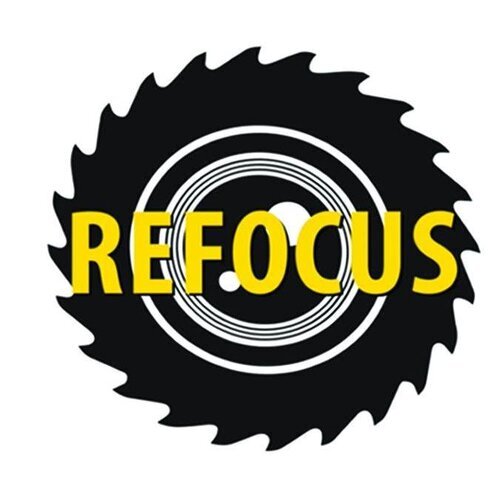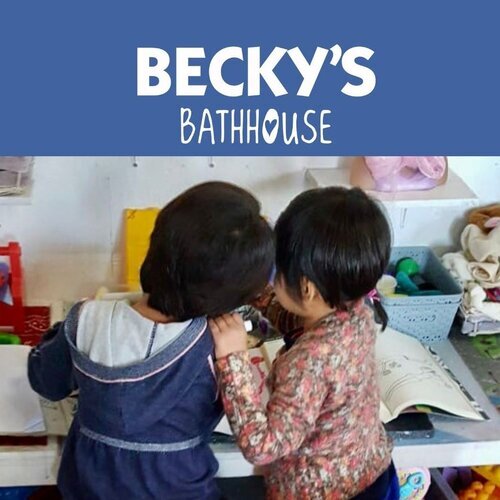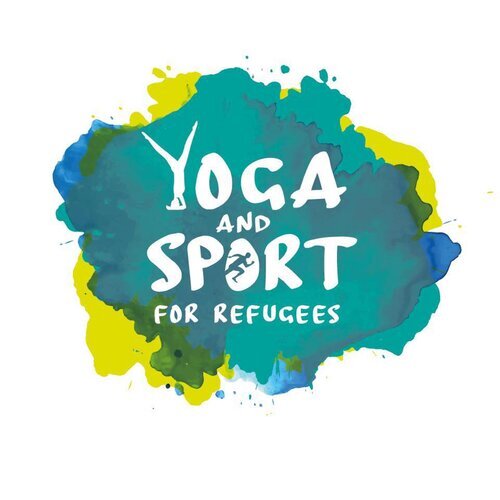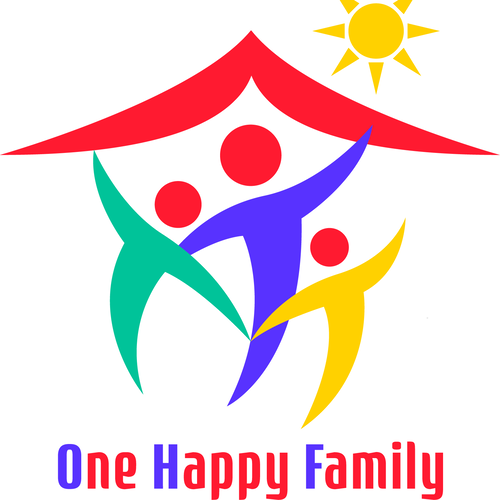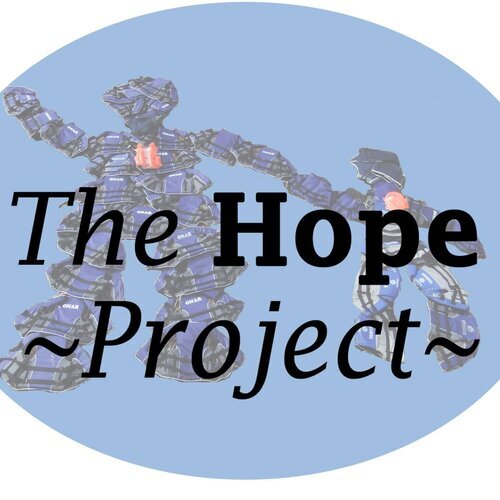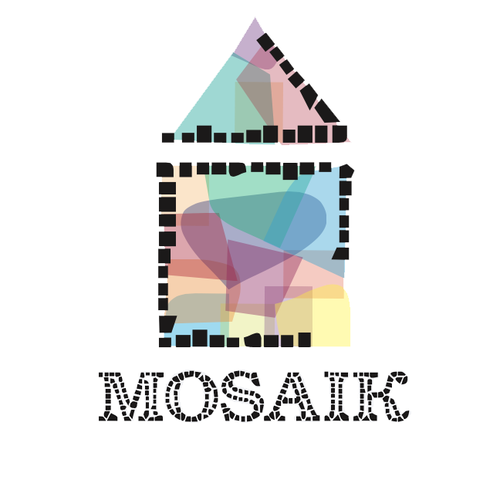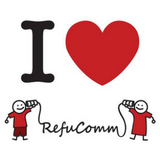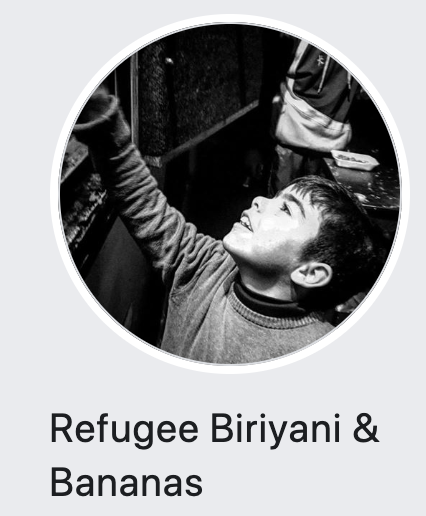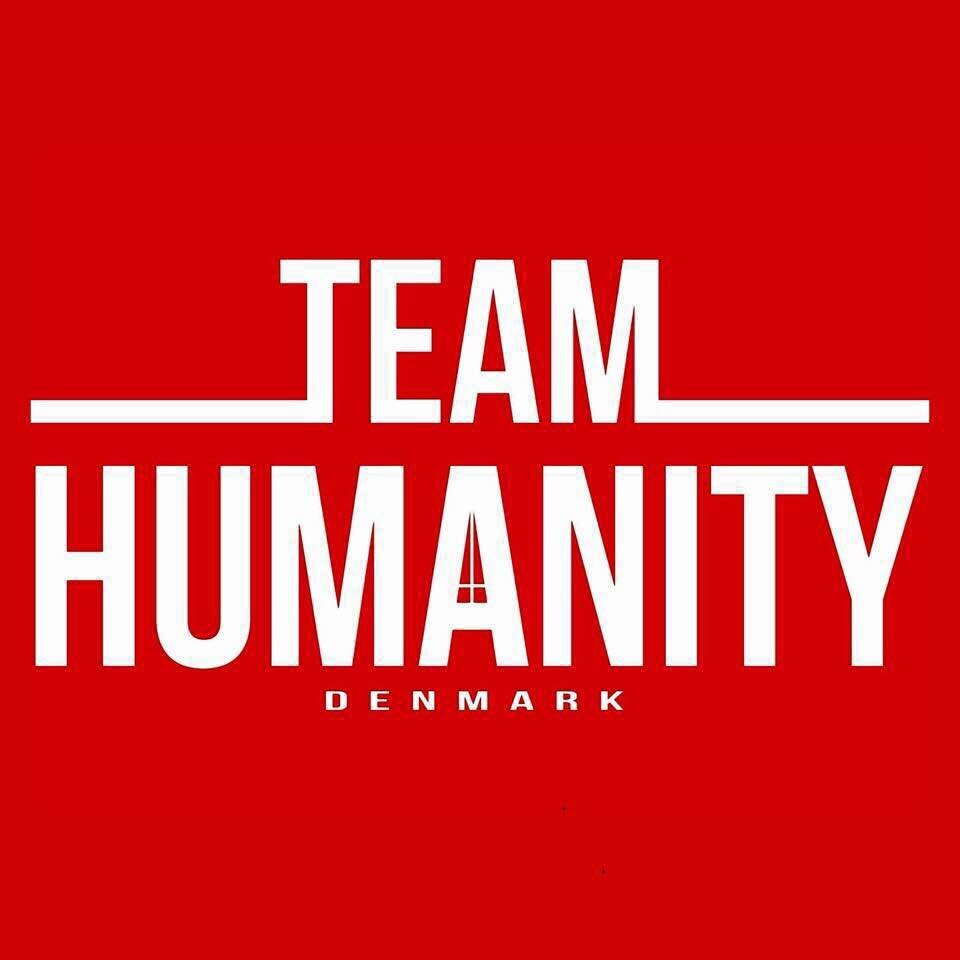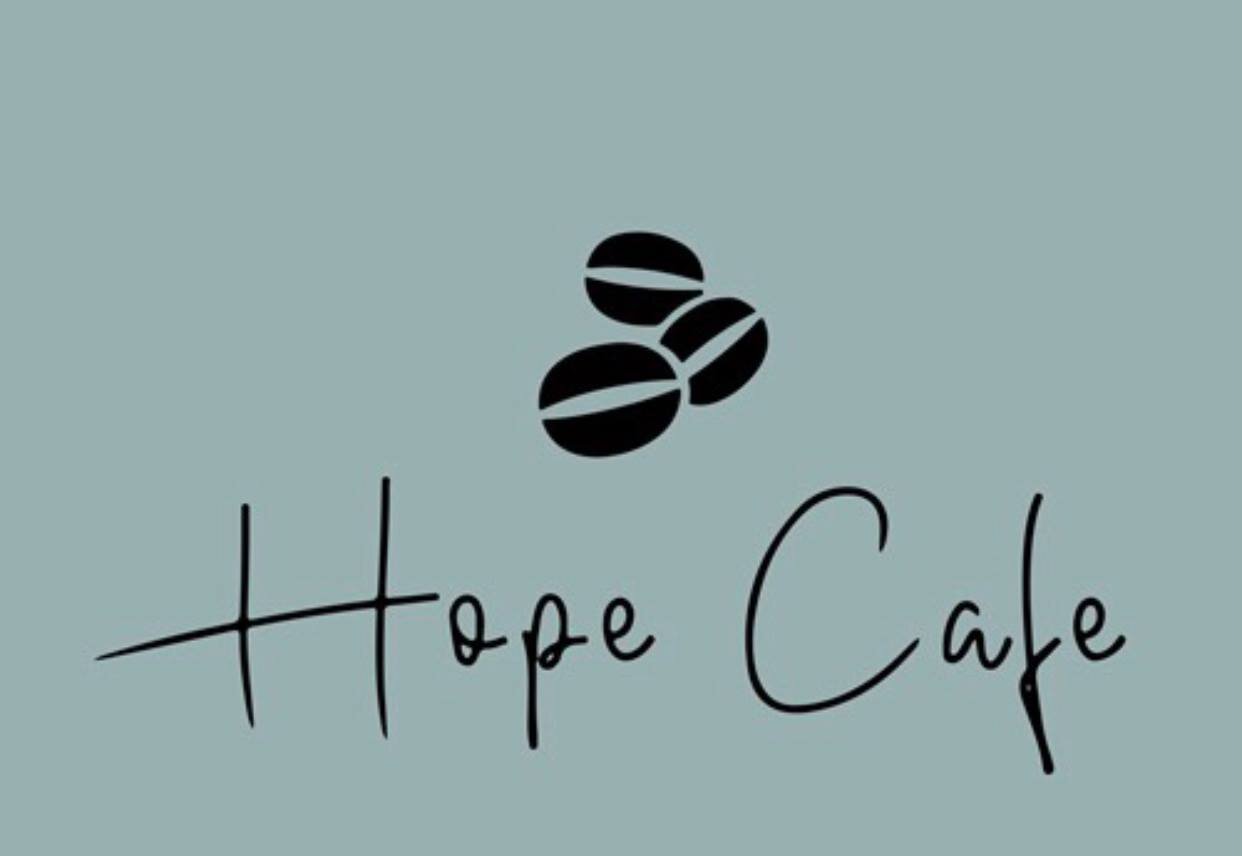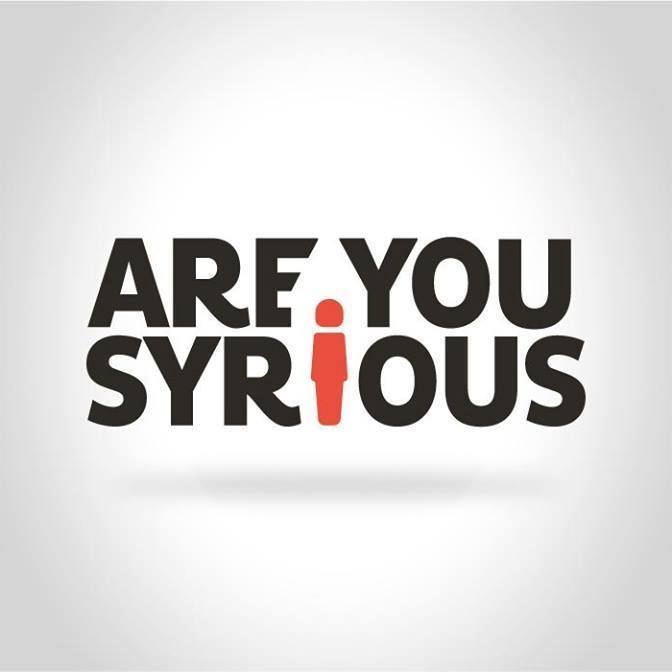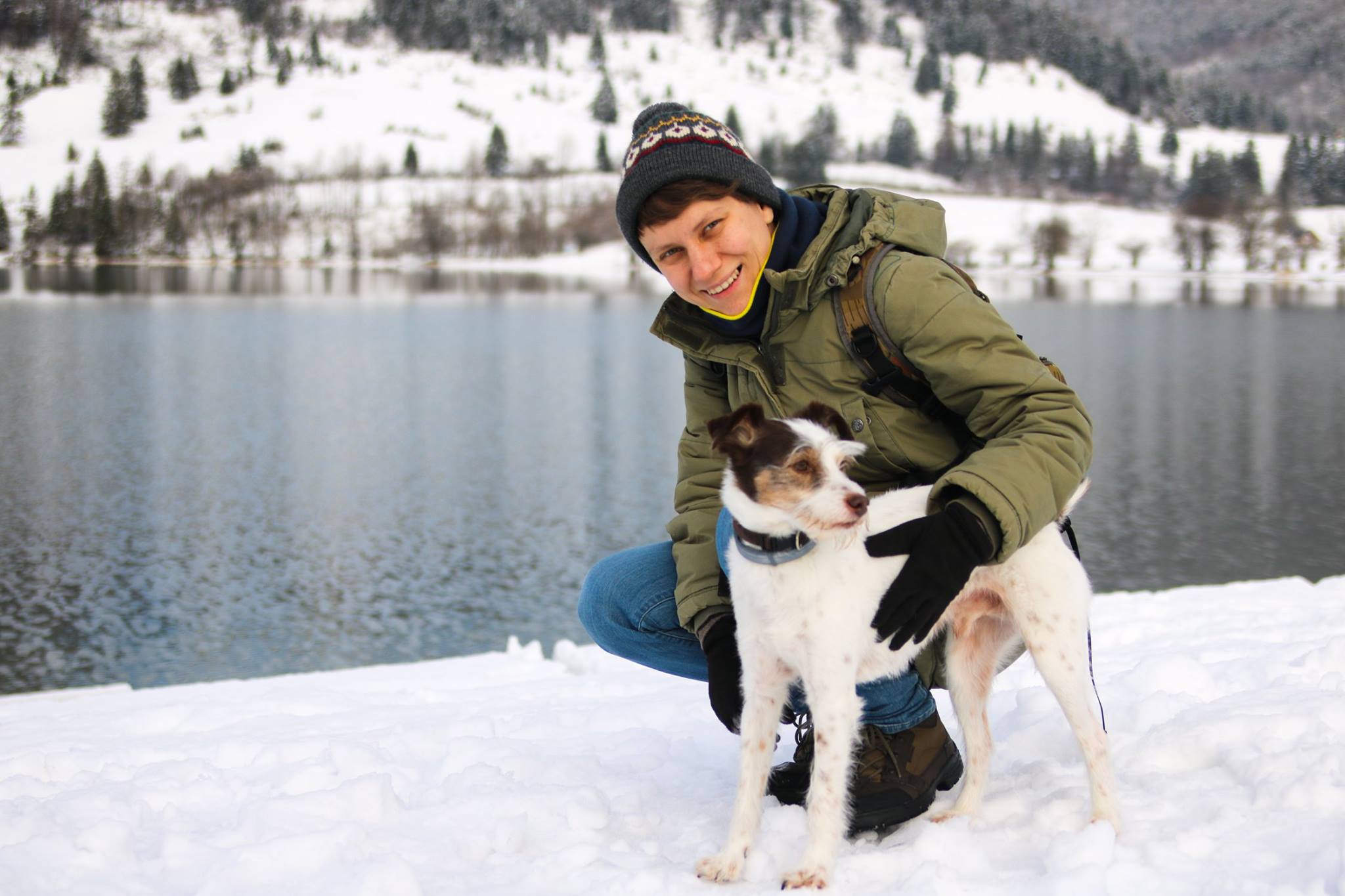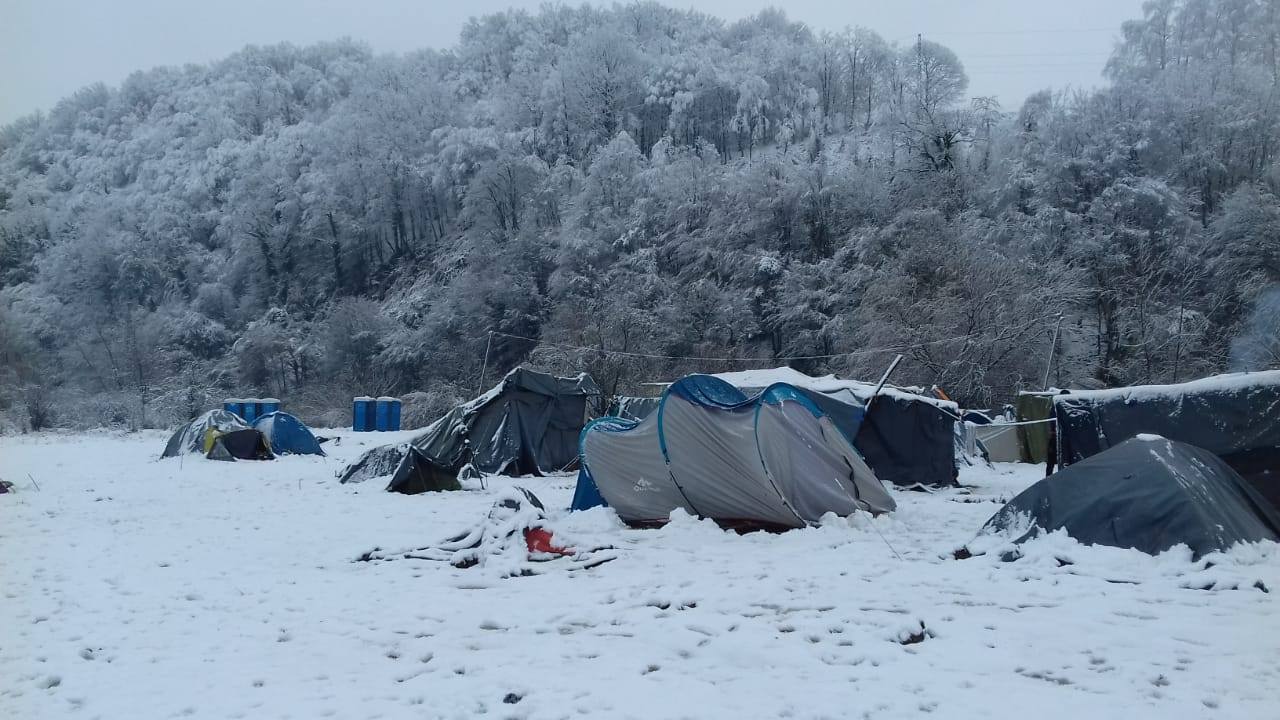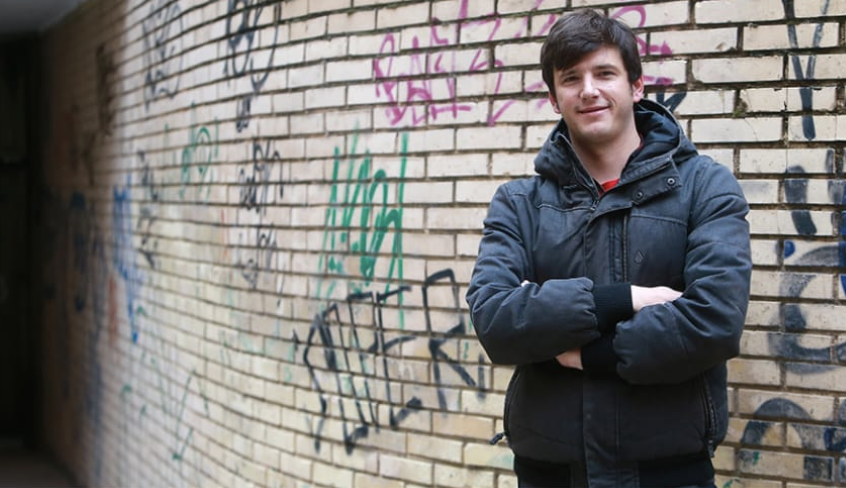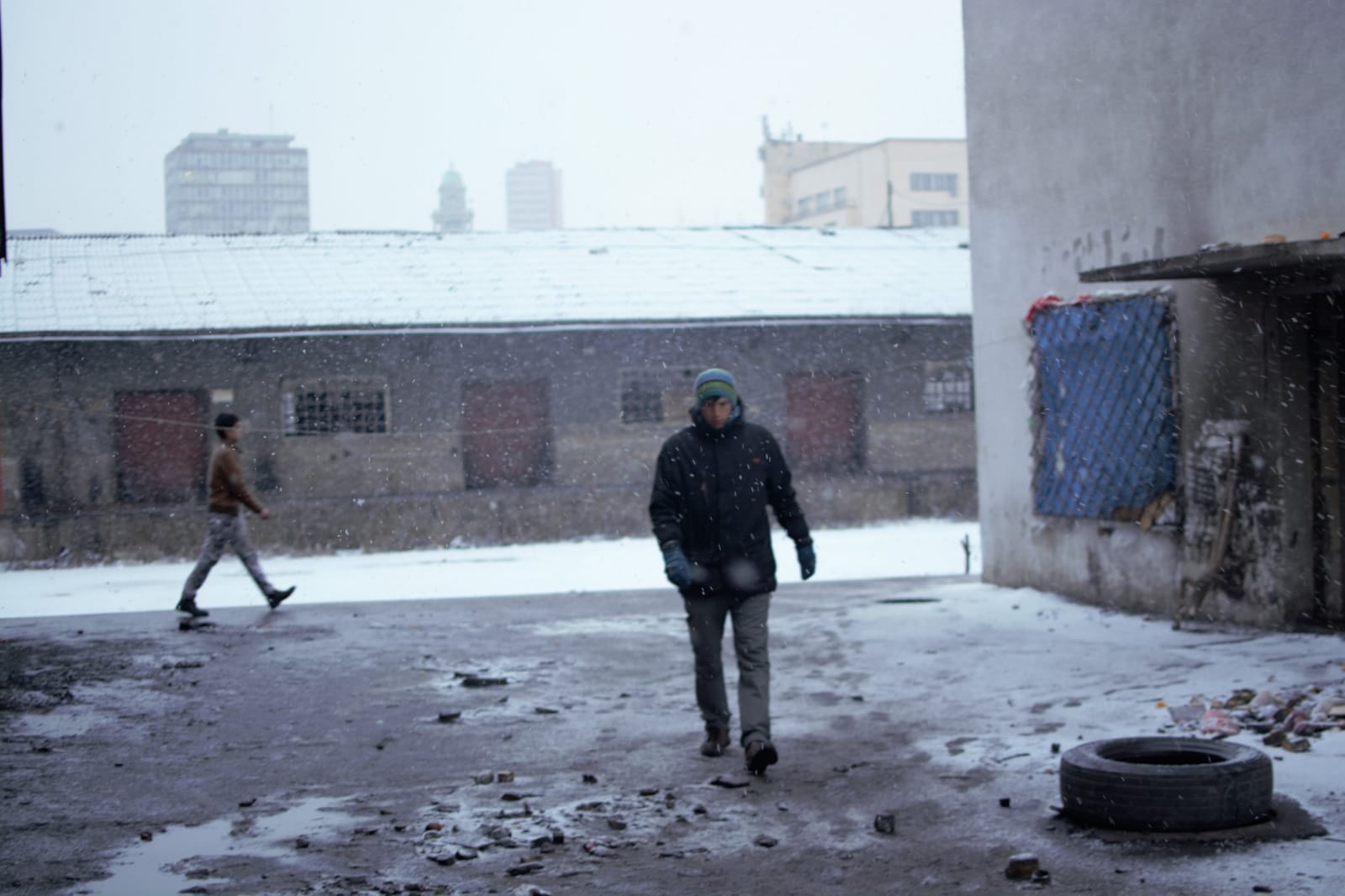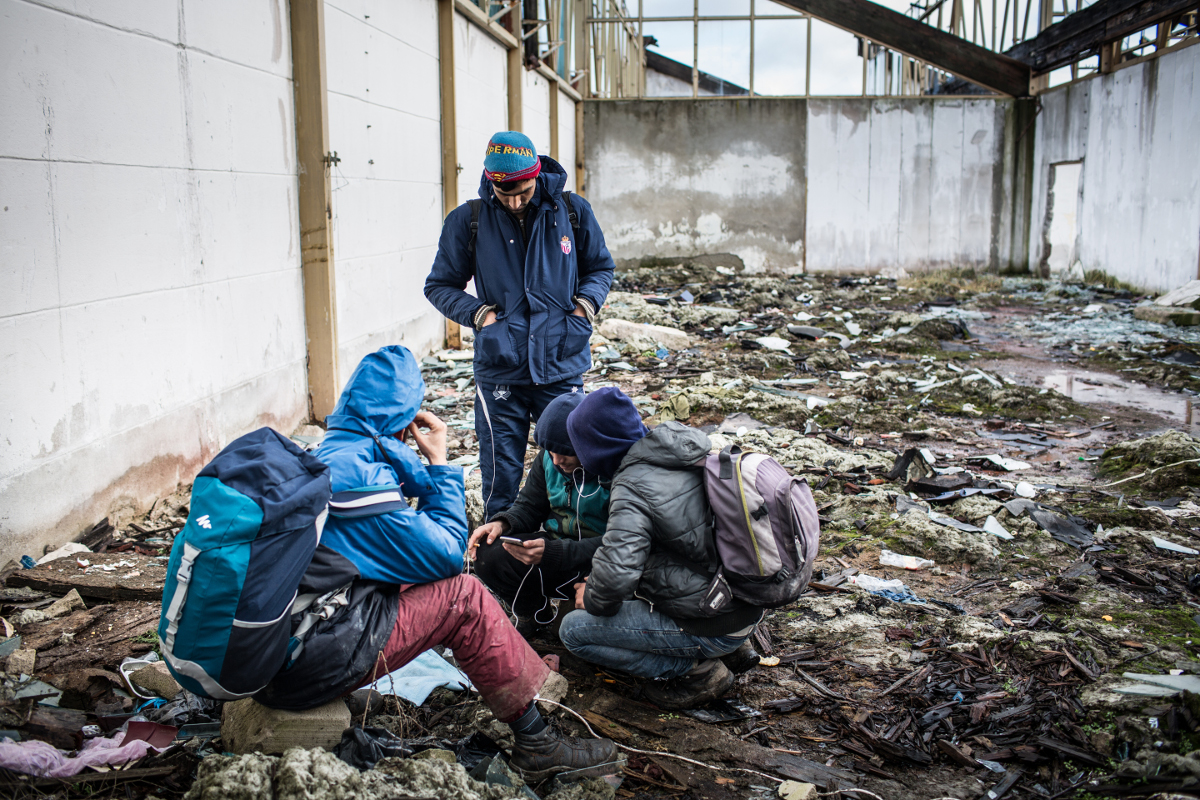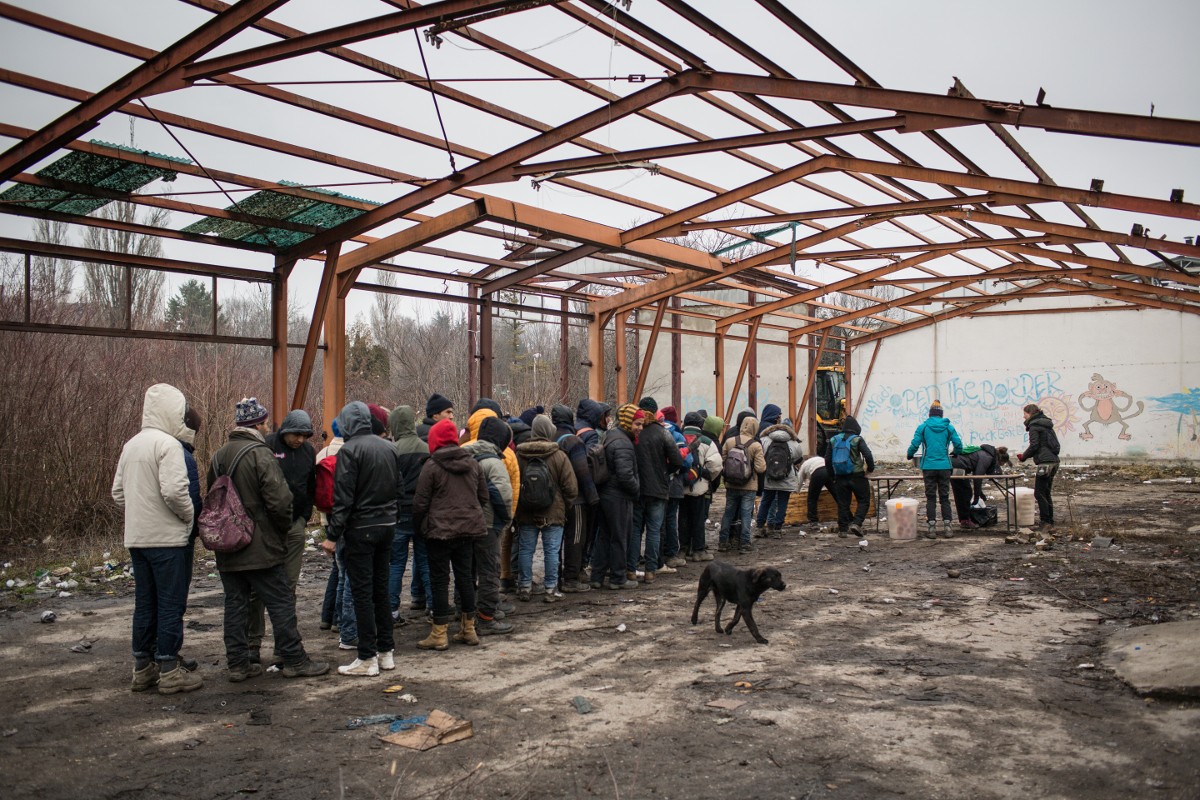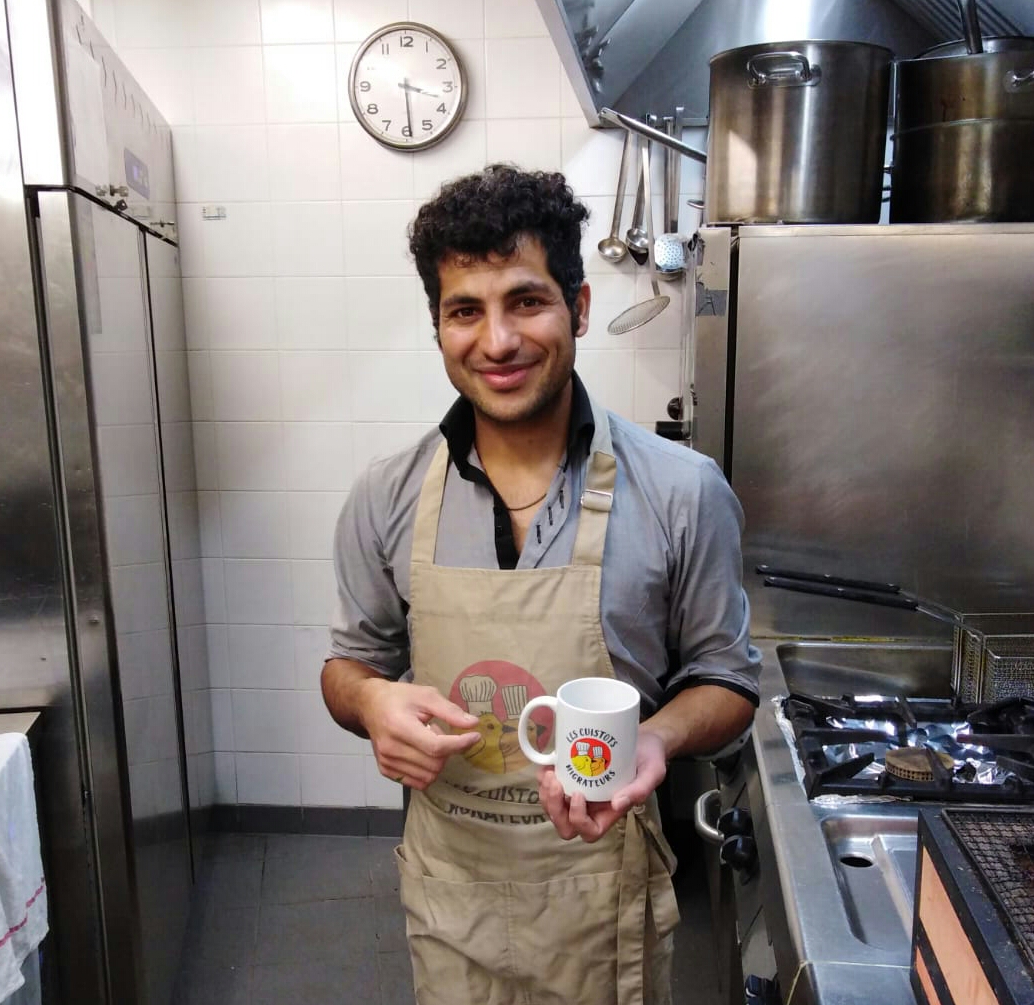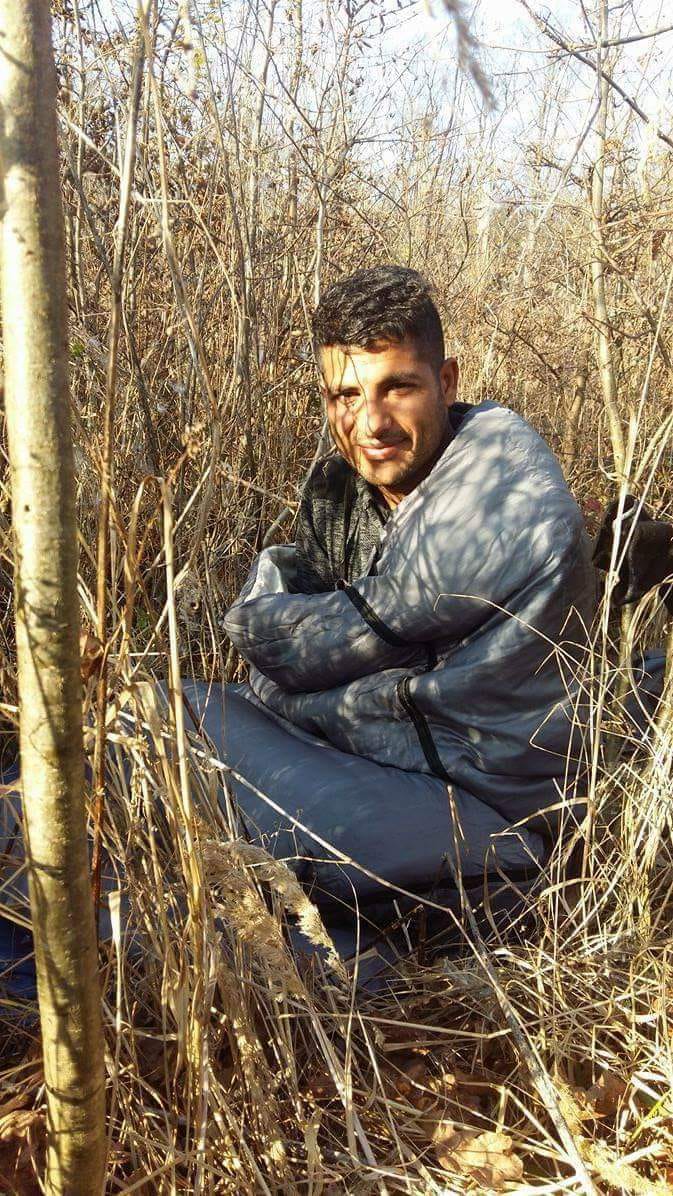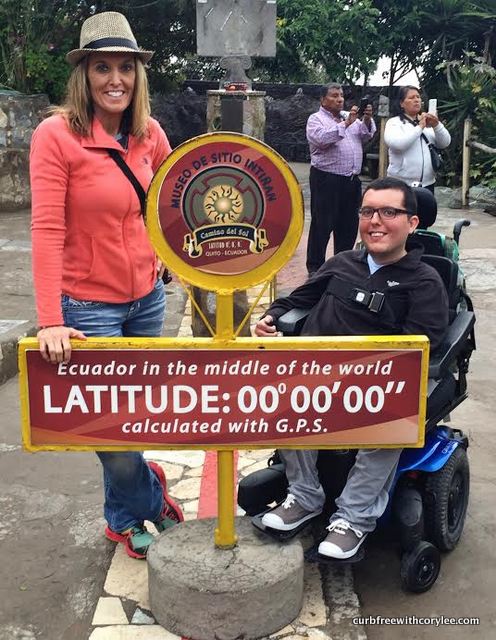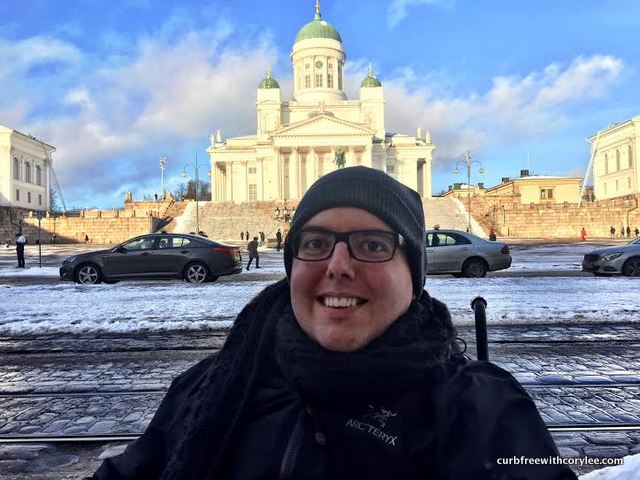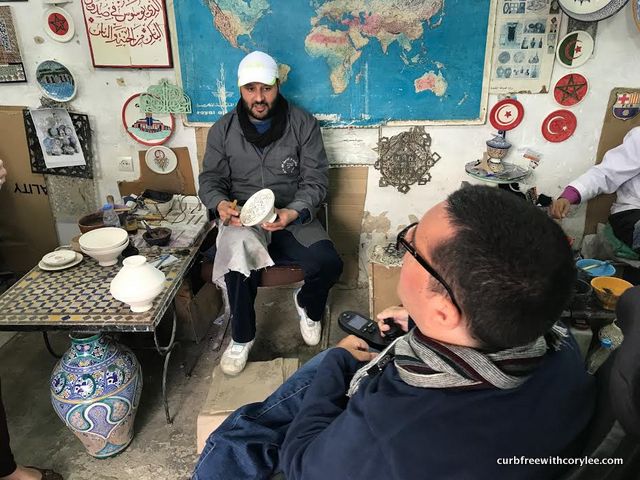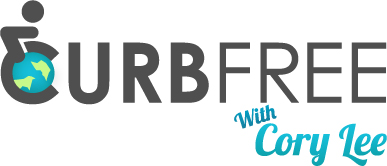This is the second of a two-part series about Basir Bita’s escape from Afghanistan after the US withdrawal in August, 2021. In this second half of his story, Basir shares his experiences getting from Pakistan to Canada, the challenges of adjusting to a new culture, the double-standards in Western moralizing, and navigating the prejudices and stereotypes that refugees often face. Be sure to listen to part one, about the fall of Kabul and about his family’s escape from Afghanistan after the US withdrawal in August of 2021.
Also be sure to listen to our interview with Afghan photographer and interpreter Abdul Saboor, who escaped overland to France.
And our field reports and interviews with refugees in Greece.
92: Ukraine (1 of 2): Investigating Migration
This marks the first episode of a two-part series on the war in Ukraine. The first will focus on the work of investigative journalism being done by LightHouse Reports, a nonprofit organization based in The Netherlands. And we’ll be speaking with investigative journalist Halima Salat Barre about the experiences of non-Ukrainian refugees fleeing Ukraine. The second part of this series will focus on the experiences of Jana Kalaaji, a Syrian national who fled the war in her country to study medicine in Ukraine, only to become a double refugee, after the outbreak of the war there.
It is not our intention, nor is it within our means, to provide a full panoramic view of the entire conflict, all of its parties, nor all of their grievances or the events that inform them. But you will hear some perspectives about this war that you are not hearing about much in the coverage of this war from traditional media from either side, and we have done our best to clearly lay out the facts as well as the limits of our knowledge.
Also please be sure to support our Palestine Podcast Academy!
73: Africa, Race, and Racism in the Aid Community (2 of 2)
This episode is the second of a two-part conversation with Tity Agbahey. Tity is an attorney and a staffer at Amnesty International. Based in Senegal, her current work focuses on central Africa, though her previous work has focused elsewhere on the continent, and her life and travels have taken her to points beyond.
This pair of episodes should appeal to two types of listeners, those who know what it feels like to be the only one who looks like you in your university class, in your staff meetings, or on a discussion panel at a conference, and those who don’t but who want to understand.
This is also a conversation about colonialism, paternalism, and racism in one of the last places you should expect to find it, in the international aid and development sector. It’s also a conversation about the world’s general ambivalence towards African suffering, the benefits and limitations of African to African-American solidarity, privilege within an African cultural context, racism in France, internalized colonialism, an African perspective on racism in the US, and everything else we could think to get off of our chests during a very open conversation.
72: Africa, Race, and Racism in the Aid Community (1 of 2)
This episode is the first of a two-part conversation with Tity Agbahey. Tity is an attorney and a staffer at Amnesty International. Based in Senegal, her current work focuses on central Africa, though her previous work has focused elsewhere on the continent, and her life and travels have taken her to points beyond.
This pair of episodes should appeal to two types of listeners, those who know what it feels like to be the only one who looks like you in your university class, in your staff meetings, or on a discussion panel at a conference, and those who don’t but who want to understand.
This is also a conversation about colonialism, paternalism, and racism in one of the last places you should expect to find it, in the international aid and development sector. It’s also a conversation about the world’s general ambivalence towards African suffering, the benefits and limitations of African to African-American solidarity, privilege within an African cultural context, racism in France, internalized colonialism, an African perspective on racism in the US, and everything else we could think to get off of our chests during a very open conversation.
Also it is in no way our intention to suggest that the opinions and points put forth in this episode represent the full depth and breadth of views held by 1.3 billion Africans. This is not the first, and it will certainly not be the last conversation about Africa and its 54 nations on this show, and we sincerely hope that you will check out our back catalogue and listen to previous episodes on related topics, from contemporary politics and economics in Zimbabwe, social entrepreneurship in the DRC, the Fulani people, and the role of women in Sudan’s ongoing revolution, to name just a few.
Revisited: Episode 18 - Escape from Afghanistan
This re-release episode closes with a short update interview with Abdul, completed in November of 2020. The original show was published in December of 2018.
The update-interview starts at 59:18.
Abdul Saboor worked with the US military in Afghanistan before having to flee the country after receiving death threats and having several friends and family members killed by the Taliban. What followed was an overland odyssey across Pakistan, Iran, Turkey, the Balkans, and back and forth across the EU, until he was able to claim asylum in France, where he currently lives. Along the way he endured prison, forced labor, beatings, deportations, and kidnapping. His is one of the more remarkable stories of resilience that I have come across in my years of traveling and working in the Middle East and anywhere else in the world. And he’s an amazing photographer.
We were connected by the people at No Name Kitchen, a Spanish NGO that provides food, sleeping bags and supplies, and a community space for the growing numbers of refugees stuck in Serbia and more recently in Bosnia.
Abdul recommends that you support the following organizations working in Calais:
The Wood Yard
Refugee Community Kitchen
L'Auberge des Migrants
Episode 64: Live! - Asylum Conditions in Greece and the Balkans
This show is the audio-only version of a live video chat hosted on July 10th, featuring guests Milena Zajović from Are You Syrious?, Douglas Herman from ReFocus Media Labs, and Carmen Dupont from Lesvos Solidarity - Pikpa.
You can catch our weekly-(ish) live chat discussions most Fridays on the Latitude Adjustment FB page, or you can check our Live Video Chats archive to watch and share them later.
Also, we’d like to formally introduce the show’s new co-host, Laila Mokhiber!
Be sure to catch our four-part podcast series including field reports from Moria Camp on Lesvos, and from the Greek mainland.
You can also watch the video version here:
Episode 58: Greece - Refugees Tell Their Stories
These are the personal testimonies of refugees from Moria Refugee Camp on the Greek Island of Lesvos and in Athens. These interviews were recorded in January and February and are the second of a three-part collaboration with Are You Syrious concerning the situation for refugees and communities in Greece. Much has transpired in Greece and in the world since we spoke, but their stories remain current and are in many ways timeless examples of what many of our parents, grandparents and neighbors endured before settling in our communities. As the Coronavirus bears down on the most vulnerable people it’s critical that we make space to hear and share their stories rather than reducing them to numbers, faceless victims, and political talking points.
Organizations we recommend supporting…
Episode 34: Are You Syrious?
Have you ever watched a humanitarian crisis unfolding on the news, witnessed the subsequent failure in leadership, and thought to yourself, "I wish I could get some friends together and just do something to make this better?"
That's what Milena Zajović and a few Croatian friends did when the largest refugee crisis to hit Europe since World War 2 came to their borders in the Summer of 2015. That initial impulse lead to the creation of Are You Syrious?, a nonprofit that focuses on field work, integration, and advocacy for refugees in the Balkans and Southern Europe. Lately a lot of their work has focussed on reporting on the so-called "push backs" that have seen Croatian authorities playing the role of border enforcers for the European Union. These measures have been accompanied by widespread reports of violence and other human rights abuses and campaigns by various governments to criminalize the work of human rights defenders, a worrying trend that Latitude Adjustment covered in our previous episode about Malta as well.
Be sure to subscribe to the Are you Syrious Daily Digest, a resource that's become reference material for foreign embassies, aid workers, and journalists, and which provides up to the minute reporting for and about refugees in Europe and across the Middle East.
photos & logo design credit: Are You Syrious?/ Milena Zajović
Episode 19: No Name Kitchen
Bruno Morán is from Asturias, Spain, and is a co-founder of No Name Kitchen, an NGO that provides food, sleeping bags, basic necessities, and a community space for refugees in transit along the Serbian and Bosnian borders with Croatia.
In addition to providing basic services, No Name Kitchen has also become a primary point of contact for those who have been pushed back from the Croatian border, and as a result the organization has found itself involved in documenting and sharing the growing number of reported abuses by the Croatian border police against those who are seeking to cross into the EU, people who have no legal means of registering themselves in bordering countries.
In this episode we cover what is happening on the ground, the practical challenges of running a small front line organization, and some advice on how you can get involved in global events in your community.
Photo credit clockwise from top left: image 1 No Name Kitchen; images 2-4 Maria Feck, No Name Kitchen, Šid, Serbia.
Episode 18: Escape from Afghanistan to France
Abdul is a photographer from Afghanistan, where he worked with the US military before having to flee the country after death threats from the Taliban. What followed was an overland odyssey across Pakistan, Iran, Turkey, the Balkans, and back and forth across the EU, until he was able to claim asylum in France, where he currently lives. Along the way he endured prison, forced labor, beatings, deportations, and kidnapping. His is one of the more remarkable stories of resilience that I have come across in my years of traveling and working in the Middle East and anywhere else in the world.
We were connected by the people at No Name Kitchen, a Spanish NGO that provides food, sleeping bags and supplies, and a community space for the growing numbers of refugees stuck in Serbia and more recently in Bosnia.
Episode 15: Wheelchair World Travel
Cory Lee started Curb Free With Cory Lee, a travel blog for people who use wheelchairs and for people with accessibility needs. So far he's been to six continents and tours as a public speaker. Aside from accessible travel, we talk about Spinal Muscular Atrophy, the importance of self-advocacy, educating the public about wheelchair access, working for Obama's inaugural committee, navigating the complex relationships with caregivers, college life, riding a specially adapted camel, what cities are great for wheelchair access (Sydney, Helsinki, and Washington, DC are at the top), and more.
And, we’ve just launched a Patreon page for Latitude Adjustment podcast. The show will remain free to the public, but if you find value in it then please consider supporting us with a dollar or more per month to help make our efforts sustainable. And remember to tell your friends about us! Thank you for your support!
(Photos are from Curb Free With Cory Lee)
(My research notes for SMA were taken from SMA News Today, Counsyl, and National Institute of Health)
Episode 6: From Syria to Berlin, Part 2 of 2
In this second of a two-part interview with Syrian artist and paramedic Aram AlSaed we discuss the process of his arrival in Germany, his family back in Syria, his thoughts about the use and abuse of the term "refugee" and his complex relationship with this word, and the differences in how religious identity is discussed and inhabited in Syria and in Germany. I close with some questions for you, the listener, concerning the role of religion in contemporary political culture around the world.
Stay informed…
Are You Syrious provides daily news digests from the field, mainly for volunteers and refugees on the route, but also for journalists and other parties.

